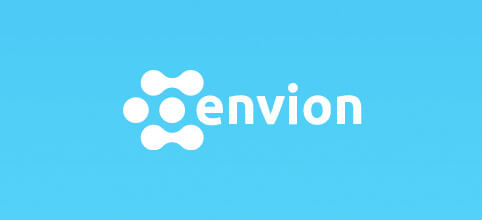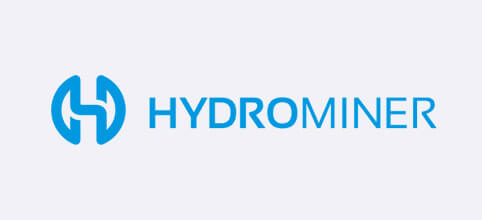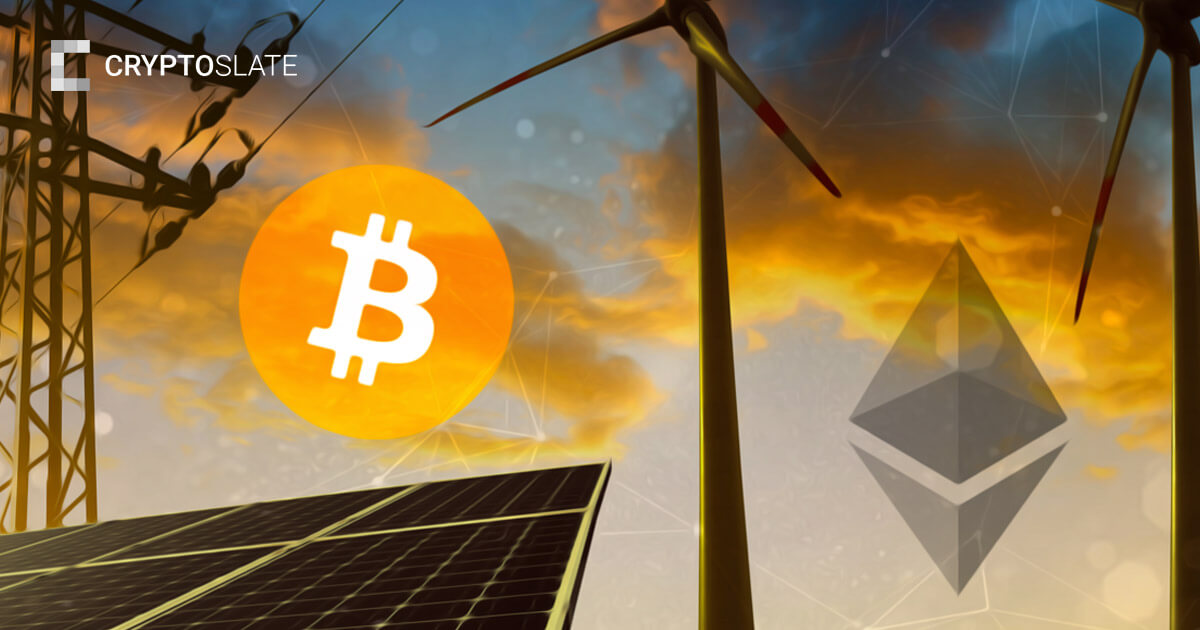Bitcoin has received a lot of backlash over the past year for how much energy it requires to secure the network – its proof of work algorithm requires a lot of processing power to complete the complicated math equations required for mining.
But lately, “green mining” operations are solving this by finding ways to mine without using any unsustainable energy.
Moonlite is a cloud mining operation that is planning to build an industrial-sized mining operation that will run completely on renewable energy. There will be a mixture of hydro, geothermal and wind energy to sustain the operation with 100% clean energy.

In fact, given the type of crowd that is interested in Bitcoin, it seems to be a big advantage as a mining operation to operate completely on green energy.
Envion is a team that has created a portable, turn-key mining rig that runs completely on solar.
They also have recently started talks with Enel SpA, Europe’s largest utility provider about buying energy sourced from renewables.
While many coins are moving to a proof of stake consensus (which requires far less energy than proof of work), many of top coins still require energy-intensive mining setups to run, including:
Mining cryptocurrencies has generated a tremendous amount of outside interest. Small, run-down towns are now rejuvenating from large mining operations, and bringing in millions in investment, hundreds of new jobs and new infrastructure.
Clean Energy Mining
Sustainable mining can even bring the case back for proof of work coins. If all the energy is sourced in a clean way, tokens can benefit from the proof of work model.

Many experts agree that proof of work is more decentralized and secure consensus mechanism, calling upon the roots of what cryptocurrency was meant to be (as defined by Satoshi Nakomoto).
The interesting part of renewables is that each place has a different type of renewable that can work best for them. HydroMiner is yet another that focuses on one type of renewable energy: hydro.
Based out of the Austrian Alps, they are building their mining rigs directly into the hydroelectric stations. Cost for hydroelectric power, in their area, is 85% cheaper than conventional power in Europe.
Their plan is to spread throughout Europe, locating hydroelectric stations that are willing to partner with them.
While some see proof of work as a lost cause due to it being incredibly energy demanding, many mining operations remain hopeful. If mining can solve proof of work’s biggest problem (environmental damage), we could possibly see a resurgence in Proof of Work tokens.


















